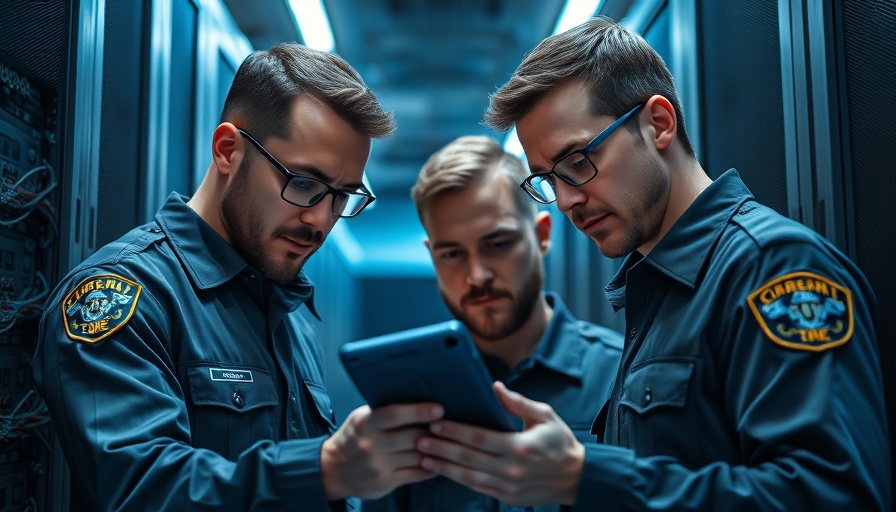
Unveiling Massistant: The Surveillance Tool Behind Confiscated Phones
In a concerning revelation, cybersecurity experts have identified a mobile forensics tool termed Massistant, predominantly employed by Chinese law enforcement to extract data from seized smartphones. This sophisticated program, developed by SDIC Intelligence Xiamen Information Co., Ltd., builds upon its predecessor, MFSocket, allowing authorities to access a user's location, SMS messages, images, and more—all with just physical access to the device.
Massistant's functionality hinges on desktop software and employs an almost seamless installation process. Once initiated on a device, it requests permissions to gather sensitive data, effectively locking out users who attempt to quit the application. This subtle approach underscores the extent of invasive surveillance practices utilized at border checkpoints, where users have little awareness of the data extraction process.
The Evolving Nature of Surveillance Technology
The significance of Massistant extends beyond its capabilities. This tool represents a growing trend in surveillance technology, merging hardware and software tailored for law enforcement. Reports indicate that Massistant doesn't just stop at standard applications; it expands to include third-party messaging services like Signal and Letstalk, signifying a concerted effort to access wider ranges of private communication.
Current Implications for Privacy and Security
This development raises alarming questions about individual rights and data privacy, especially as tools like Massistant blur the lines between legitimate law enforcement activities and personal invasions. The inclusion of advanced analytical features, such as voiceprint detection like the ones described in Meiya Pico's patents, suggests a future where personal data isn't just collected but actively analyzed for predictive purposes by authorities.
What This Means for Citizens
As citizens navigate the complexities of modern technology, awareness of tools like Massistant is crucial. Understanding how law enforcement technologies operate can empower individuals to make informed decisions about their personal data and privacy rights. Choices need to be made about what information we trust to apps and devices, particularly in today's global digital landscape where personal information is currency.
As these invasive practices become more commonplace, staying informed about the technologies at play can help foster discussions around the balance of safety and privacy.



Write A Comment